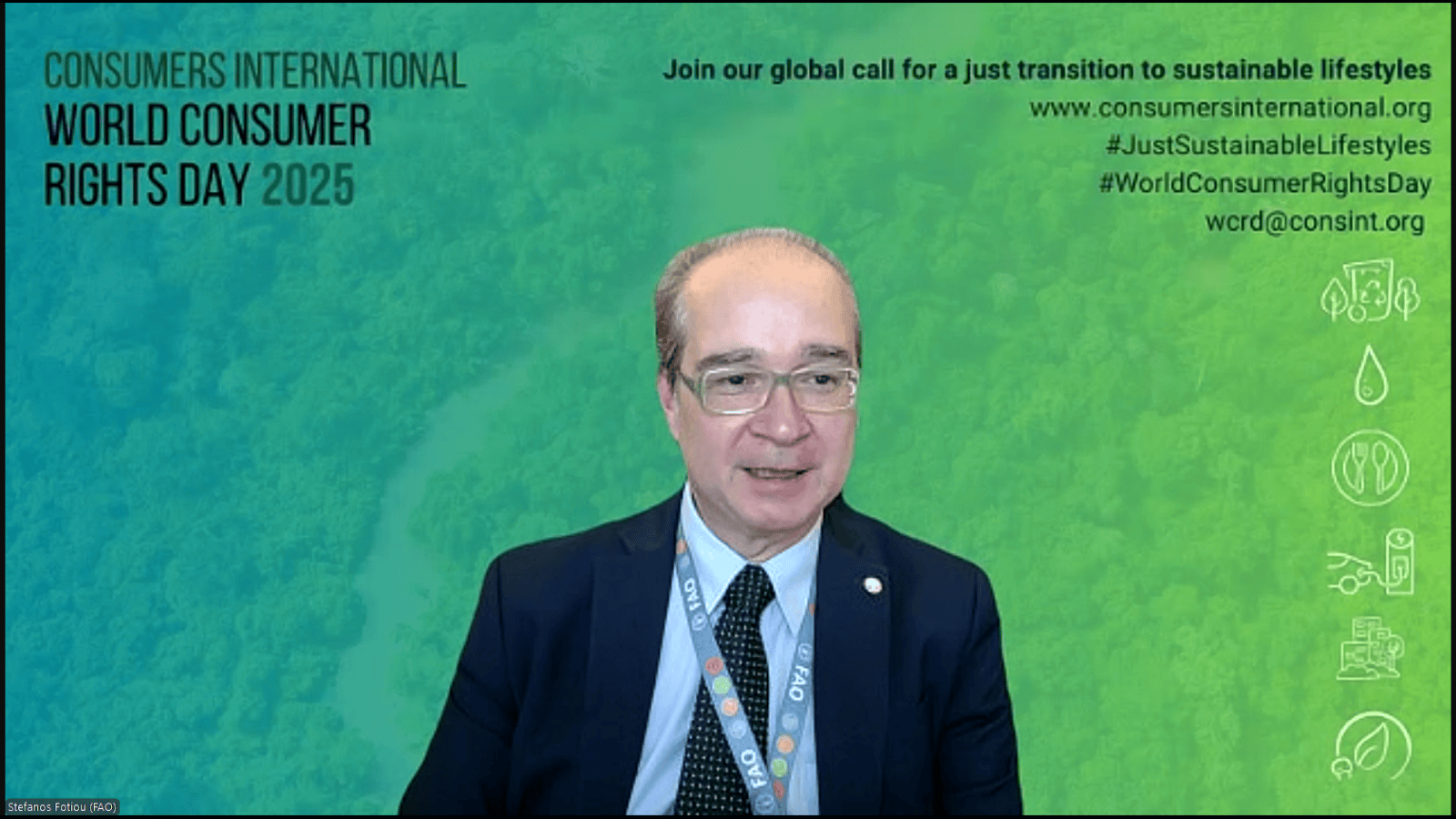SEED FUNDING JOINT PROGRAMMES
Rwanda
Resilient Food Systems: Enhanced Value Chain and Post Harvest Management





PROJECT TITLE | Resilient Food Systems: Enhanced Value Chain and Post Harvest Management |
| Context | Food systems transformation is embedded in several national policies in Rwanda, including the National Transformation Strategy, the Strategic Plan for Agriculture Transformation, the National Environment and Climate Change Policy. In 2021, Rwanda developed its National Pathway, which highlights four priority areas for the country towards 2030: ensuring food security and nutrition for all, while increasing demand for healthy diets; enhancing the environmental sustainability of food systems; improving livelihoods for farmers and all workers in food systems while building resilience to shocks; promoting inclusion of women and youth in food systems, including through enhanced financial opportunities. |
| PUNOs | FAO, WFP, IFAD |
| Contribution to SDGs | SDG 1 No Poverty; SDG 2 Zero Hunger; SDG 8 Decent Work and Economic Growth; SDG 13 Climate Action |
| Contribution to other SDG transitions | Decent Jobs and Universal Social Protection; Energy Access and Affordability |
| Duration | July 2024 – June 2025 |
| Expected financial leverage | $ 3,070,000 |
| Alignment with SG Call to Action | Policy integration; Food systems governance; Research, data, technology and innovation; Inclusive and participatory design; Private sector engagement |
| Outcomes | The JP leverages on improved post-harvest management as a strategic approach to simultaneously reduce food loss, improve incomes, and boost food availability. The JP promotes the economic integration of youth-led MSMEs and builds linkages with partners and initiatives focused on nutrition and food security to connect the dots between food production, processing and consumption. |
| Partners |
|
| Outputs |
|
Achieving access to food on a healthy planet
Hub Director Stefanos Fotiou speaks at Consumers International’s Sustainable Lifestyles Summit, highlighting the urgency of transforming food systems for people and planet.

On 11 March 2025, the UN Food Systems Coordination Hub participated in the session "Achieving Access to Food on a Healthy Planet" as part of Consumers International’s Sustainable Lifestyles Summit (10–14 March). Organized in collaboration with the UN Environment Programme, the session explored how action on sustainable lifestyles – grounded in the essential right to food – can address interconnected challenges of hunger, nutrition, and environmental sustainability. With over 733 million people facing hunger and more than one-third of the global population unable to afford a healthy diet, urgent action is needed to transform food systems in a way that upholds human rights while protecting the planet.
Speaking at the session, Stefanos Fotiou, Director of the UN Food Systems Coordination Hub, emphasized the critical role of sustainable food systems in delivering climate and health co-benefits.
“Food must be produced in peace with nature. The global food system is responsible for a third of greenhouse gas emissions, up to 80% of biodiversity loss, and 70% of freshwater use. Integrating food policies into climate action is critical to mitigating these environmental impacts,” he stated.
He called for an urgent shift toward food systems that work in peace with nature and follow a human rights-based approach. Highlighting the role of consumers in driving transformation, he emphasized the need to move from a passive buyer model to an active food citizen model, where individuals are informed about how food is produced, used, and its true cost. He advocated for integrating food literacy into school curricula, challenging the dominance of ultra-processed food marketing, and introducing policies such as taxation on foods harmful to human and planetary health. Fotiou also stressed the need for decentralized food power, urging strategies that prioritize local food systems and channel public funds directly to smallholder farmers. Looking ahead to the upcoming UNFSS+4 Stocktake, he underscored the need for accelerated action to reorganize food systems in ways that protect both people and the planet.
